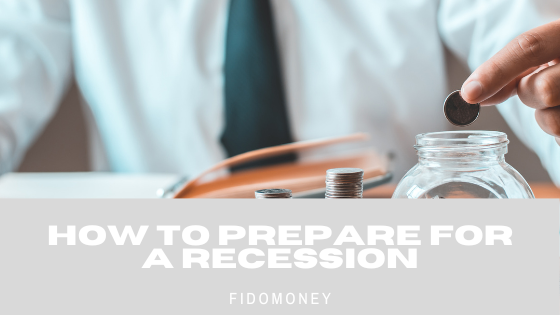Update Your Resume
In preparing for a recession, one of the easiest things to do is also the most important. A recession brings layoffs and business closures with it. Anyone can lose their job in a recession, but you can be prepared by updating your resume. This is also a good time to go back to school to improve your education or seek training for an entirely new career path.
Tighten Your Household’s Belt
It’s never too soon to start saving more and spending less. Look for ways your household can spend less on everyday items. Try to stretch groceries by serving smaller portions and switching to generic products. Look for sale items and shop at discount stores. You can also cancel streaming services if you subscribe to cable or satellite T.V. Look for more subscriptions you can cancel.
Start Paying Off Your Cards
As you start saving on your spending, devote some of that extra cash toward paying off your credit card debt. If a recession does hit, you may need more available credit to help you out in a pinch. Additionally, paying down your debts will help you improve your credit score, and that can also help during hard economic times.
Bulk Up Your Savings
Once you pay down your debt, deposit your disposable income into a savings account. Ideally, half of your disposable cash should go into a high-interest savings account, with the second half going into an IRA. This will help you save for financial emergencies as you plan for your retirement separately.
Making a response plan can help you strengthen your financial position whether a recession does strike. These steps can help you move forward with stronger financial health, so you can face any economic challenges that befall your community. This can help you pursue your financial goals in the future, as well as prepare you for financial emergencies in the present.

